
Gordon Faulkner, demonstrating a standing stress prevention Qigong exercise from Managing Stress with Qigong.
In this interview, Gordon Faulkner – Principal Instructor at the Chanquanshu School of Daoist Arts in Scotland – answers some questions about his new book, Managing Stress with Qigong.
How did this book come about?
The first input to lead to the book was at International Daoyin Qigong Symposium in Portugal in 2005 when European teachers were encouraged to start working to develop daoyin for the health needs for their own countries. Further impetus arrived shortly afterwards when I was invited to teach qigong at the 37th International Traditional Chinese Medicine Kongress in Germany the following year. The theme of the congress was to be ‘Stress’ so I did a lot research and then created the routines presented in the book.
Not long after the congress I was contacted by the Head of the Maggie’s Cancer Care Centre in Inverness and asked if I would be interested in running qigong classes there. This seemed a very good opportunity to verify the effectiveness of the stress routines so I agreed. The results of these routines and especially of the stress prevention routine went far beyond even my own expectations.
Memory can be a major problem for people undergoing cancer treatments so it seemed only logical to start writing a book for them and the general public.
Do you need to have a high level of proficiency in Qigong before you can experience its effects for stress relief?
The Stress Management Qigong is designed for people of all levels of proficiency – for people who have been practising for years to people who have never heard of qigong.
You talk about the ‘non-specific’ nature of stress. What do you mean by this? How does this make Qigong uniquely suited for coping with stress?
One of the biggest problems with stress is that the stress response can vary dramatically; what impedes one person can boost another person, and because of that there is not one thing that can be described as a specific stress reaction to a specific stress input, the stressor.
Qigong also affects different people in different ways, one person’s reaction to qigong can be quite different to another’s, which makes qigong also non-specific – qigong and stress were made for each other because an individual’s stress reaction is often matched by their qigong responses to bring the person back into mind/body harmony.
Can people use certain Qigong movements or exercises in the book to relieve particular symptoms of stress?
On the larger scale, the stress relief routine is designed to deal with the physical stress reaction while the stress prevention routine is geared more toward dealing with the mental stress reaction. The book does mention some other possible combinations of exercises.
Which Qigong exercises do you practice yourself for stress relief?
As I teach these routines continuously I am always practising everything.
I was once at Schiphol airport in Amsterdam trying to catch an alternate flight after two of my fights had been cancelled and the third was late when the assistant at the transfer desk remarked that I was remarkably calm considering my circumstances. I responded that I was now late for the seminar I was due to give on stress management and so I could do no other than be calm.
Gordon Faulkner is a Certified International Judge of Daoyin Yangsheng Gong and President of the Scotland and Wales Daoyin Yangsheng Gong Association. Gordon is a closed-door student of Professor Zhang Guangde, founder of the modern Daoyin Yangsheng system taught at the Beijing Sports University.
For more information about Gordon Faulkner, visit www.quanshu.co.uk.
Copyright © Singing Dragon 2010.
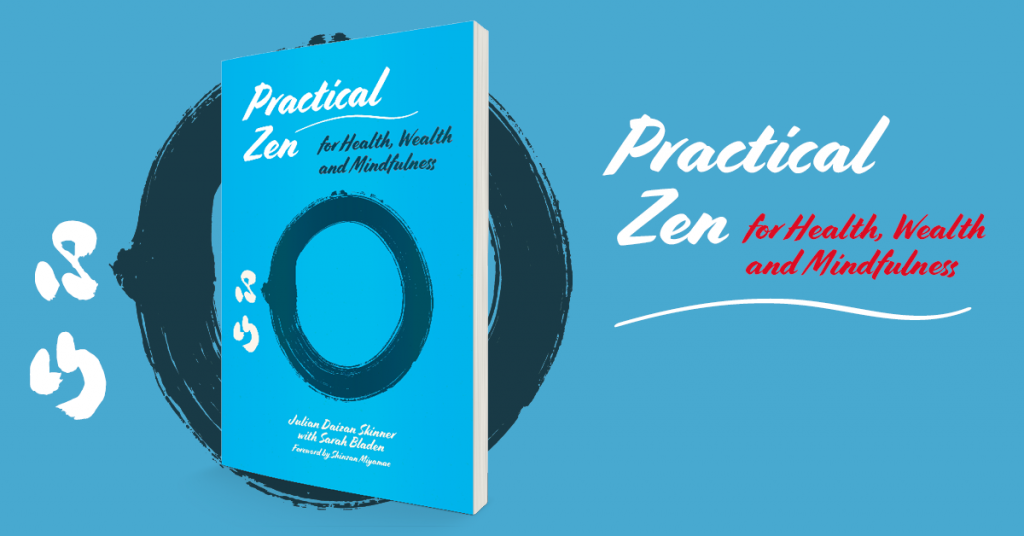 Practical Zen for Health, Wealth and Mindfulness by Julian Daizan Skinner and Sarah Bladen is the new follow up to Practical Zen, which presents simple meditation techniques to help achieve health, wellbeing and success. We have an extract from the book, in which you can learn what stress is, how you can change your response to stress and how Zen meditation and mindfulness can reduce stress.
Practical Zen for Health, Wealth and Mindfulness by Julian Daizan Skinner and Sarah Bladen is the new follow up to Practical Zen, which presents simple meditation techniques to help achieve health, wellbeing and success. We have an extract from the book, in which you can learn what stress is, how you can change your response to stress and how Zen meditation and mindfulness can reduce stress.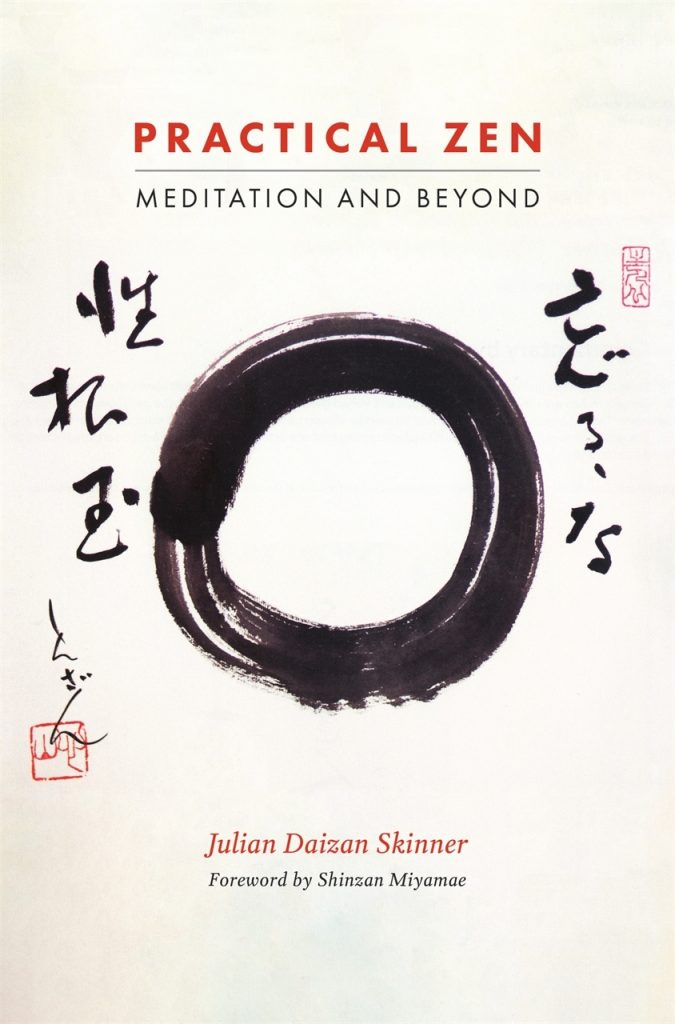 Practical Zen: Meditation and Beyond
Practical Zen: Meditation and Beyond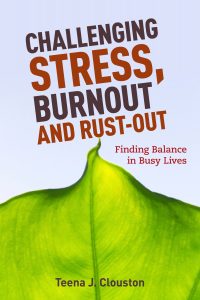 balanced lifestyle enhances health, happiness and wellbeing. This practical resource provides professionals with techniques to achieve all of the above.
balanced lifestyle enhances health, happiness and wellbeing. This practical resource provides professionals with techniques to achieve all of the above. 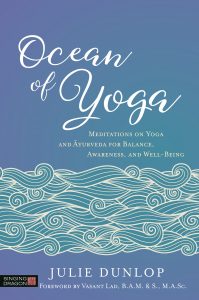 take for you to shift to “moving through” the holidays or “experiencing” the holidays rather than just trying to get through them? Although the difference in this wording is somewhat subtle, it can be significant as we shift from survival mode into a more holistic acceptance of the process of being present—mind, body, and soul—for the holidays.The glow of Christmas trees, menorahs, and Diwali candles, along with many other images and traditions from richly diverse cultures, light our way through the holidays each year. Along with the beauty of holiday decorations and celebrations, however, often comes a fair amount of stress. This could be financial stress or the stress of physical exhaustion from simply trying to keep up with all of the extra events. It could also be emotional stress due to an injury or illness, challenging family dynamics, or grief from the loss of a loved one. Pause for a moment and check in: On a scale of 1 to 10, what is your current stress level? Breathe. Look around you. Then, look within. Is there any crisis taking place in the current moment, or is the stress generating from within? Feel the soft rhythm of your inhale and exhale washing through you with grace.
take for you to shift to “moving through” the holidays or “experiencing” the holidays rather than just trying to get through them? Although the difference in this wording is somewhat subtle, it can be significant as we shift from survival mode into a more holistic acceptance of the process of being present—mind, body, and soul—for the holidays.The glow of Christmas trees, menorahs, and Diwali candles, along with many other images and traditions from richly diverse cultures, light our way through the holidays each year. Along with the beauty of holiday decorations and celebrations, however, often comes a fair amount of stress. This could be financial stress or the stress of physical exhaustion from simply trying to keep up with all of the extra events. It could also be emotional stress due to an injury or illness, challenging family dynamics, or grief from the loss of a loved one. Pause for a moment and check in: On a scale of 1 to 10, what is your current stress level? Breathe. Look around you. Then, look within. Is there any crisis taking place in the current moment, or is the stress generating from within? Feel the soft rhythm of your inhale and exhale washing through you with grace.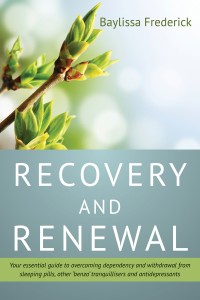
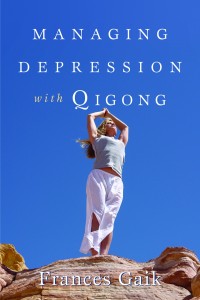
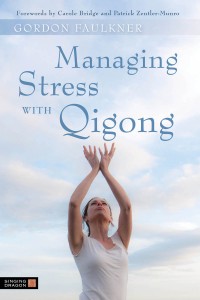
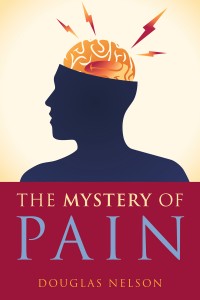
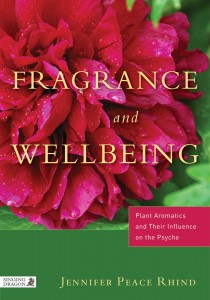
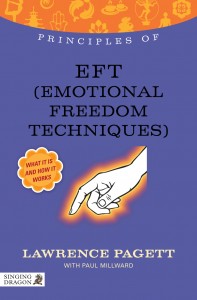
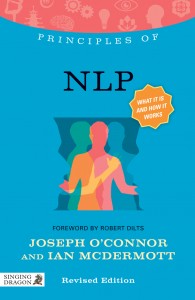
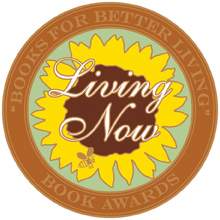 Singing Dragon received the Gold prize in the Enlightenment/Spirituality category for
Singing Dragon received the Gold prize in the Enlightenment/Spirituality category for 